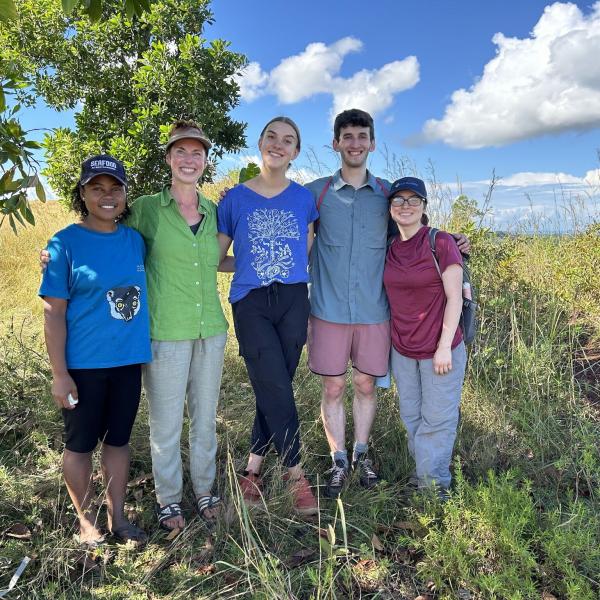This fall, new researchers and instructors join five social science departments in Arts & Sciences. Five of these faculty members — Thomas Cody Prang, Jessie Sun, Emily Willroth, Anna Wilke, and Lucia Motolinia — were hired as part of the Digital Transformation Initiative in Arts & Sciences. New faculty in the humanities and natural sciences will be showcased in the coming weeks.
Welcome to all our incoming faculty!
Anthropology
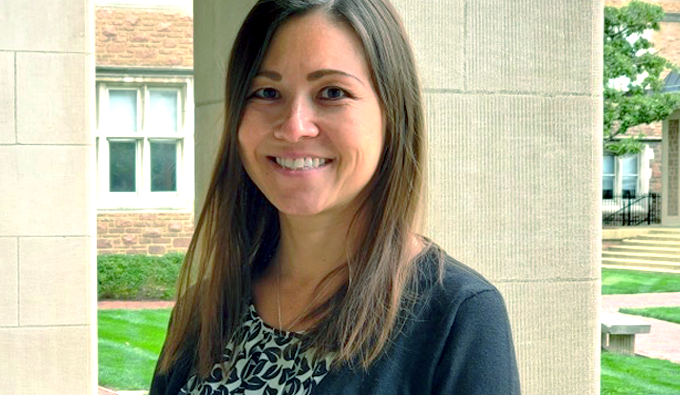
Rose Hores, PhD, joins the Department of Anthropology as a lecturer in biological anthropology. Hores joined the department in 2020 as a faculty assistant and has since taught introductory courses in anthropology and global health. This semester, her courses included “Evolution of the Human Diet” and “Topics in Anthropology: COVID-19: What’s Next?” Hores earned her doctorate from Southern Illinois University, Carbondale.
Kyle Olson, PhD, joins the Department of Anthropology as a lecturer in archaeology. Olson is an archaeologist of politics, past and present, devoted to understanding both the political geography of Bronze Age Eurasia as well as the political economy of archaeological fieldwork in the modern world. His research interests include the prehistory Iran and Central Asia, the history of research and preservation practices in Iran, and the re-use of archaeological collections in synthetic and integrative research. Olson earned his doctorate from the University of Pennsylvania and has completed a postdoctoral fellowship at Koç University’s Research Center for Anatolian Civilizations.
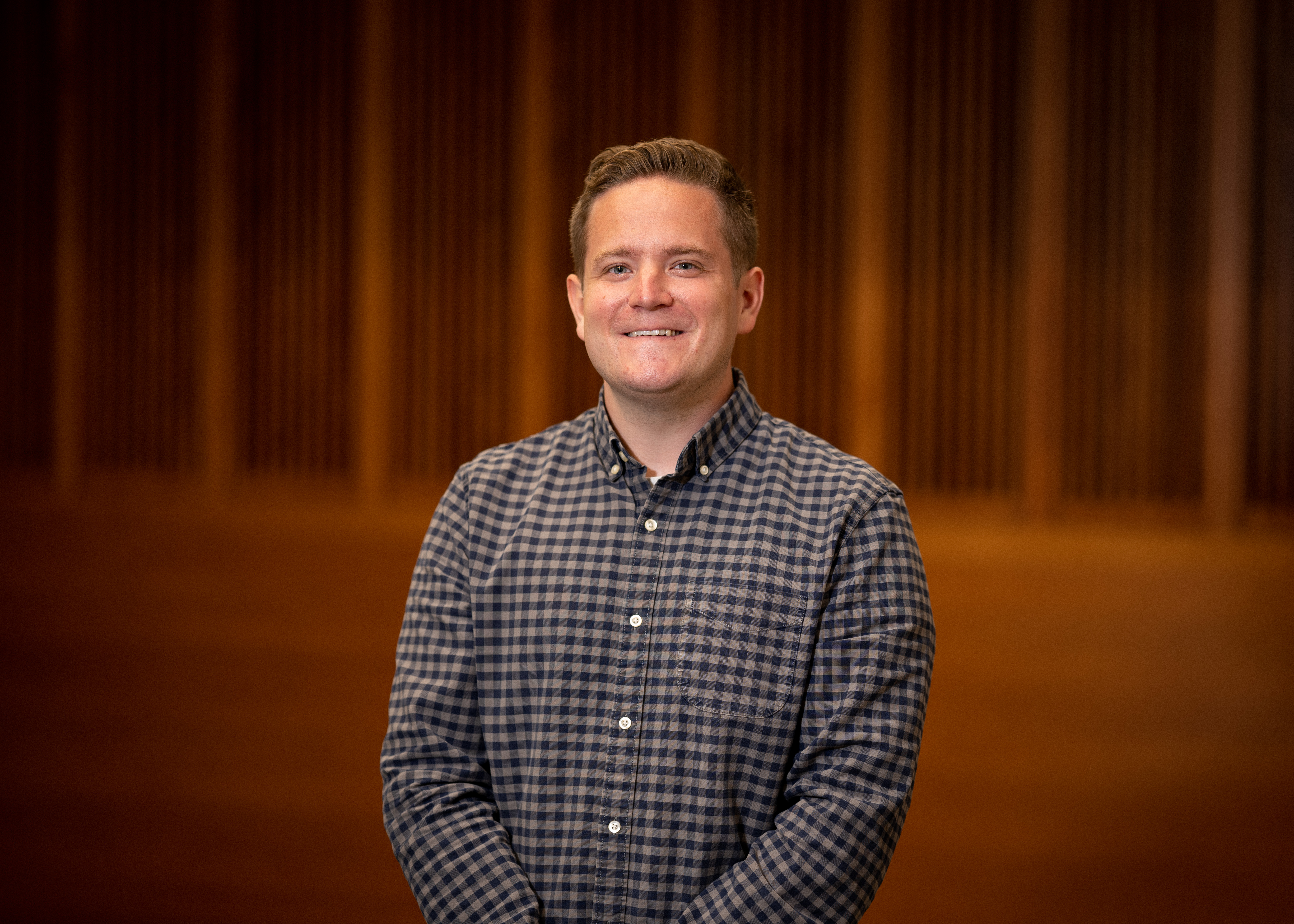
Thomas Cody Prang, PhD, joins the Department of Anthropology as an assistant professor. Prang’s research interests include human evolution, functional morphology, and locomotion. In his research, he aims to understand how locomotor behavior has evolved in primates with special emphasis on early humans and apes. Prang has participated in fieldwork at Laetoli, Tanzania, which is a site best known for the preservation of 3.7-million-year-old fossilized footprints attributed to Australopithecus afarensis, and has studied human fossils at museums in Ethiopia and South Africa. He earned his doctorate from New York University and taught at the University at Albany and Texas A&M University.
Economics
Gaurab Aryal, PhD, joins the Department of Economics as an associate professor. His research interest is in empirical industrial organization. In particular, his research focuses on understanding real-world decisions by firms (e.g., pricing, collusion, wage-setting, bidding in auctions) and consumers (e.g., product choices, schooling) in strategic environments with informational frictions. Before his appointment at Washington University, he taught at the University of Virginia and the Australian National University. His work has been published in top economic journals such as the American Economic Review, Review of Economic Studies, Journal of Econometrics, and the Journal of Business & Economic Statistics.
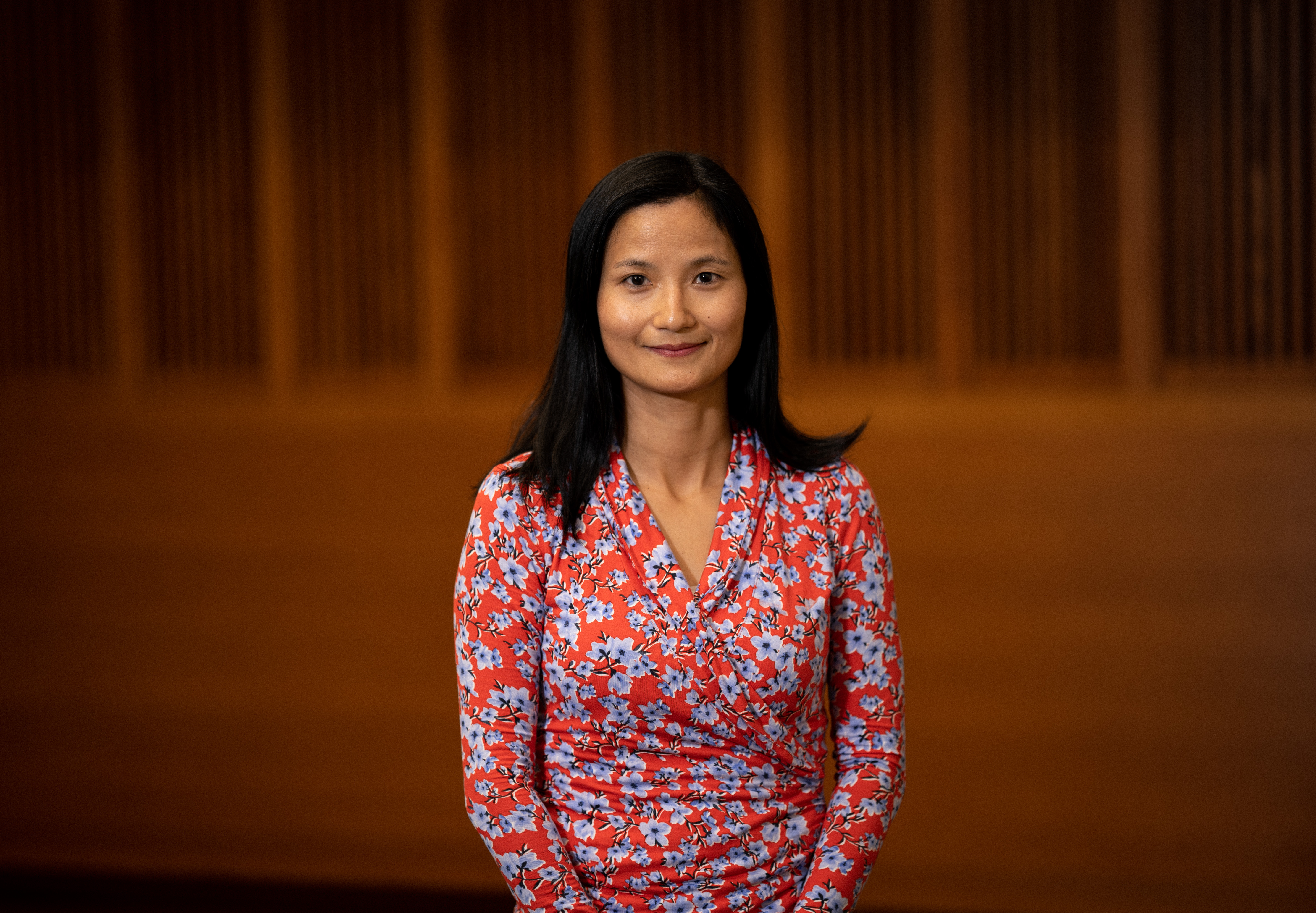
Grace Junhui Yan Johnson, PhD, joins the Department of Economics as a lecturer. Johnson began teaching in the department in 2016, and she enjoys teaching students in a diverse range of economics courses and working with students as an adviser and mentor. Her research areas are development economics, applied microeconomics, and health economics; projects include examinations of medical tourism in South Korea, brain drain from China, and CEO power of public companies. Johnson received her doctorate from Oklahoma State University and has taught at Oklahoma State University-Tulsa, Lindenwood University, and Saint Louis University. She also spent several years in the private sector working in international business.
Political Science
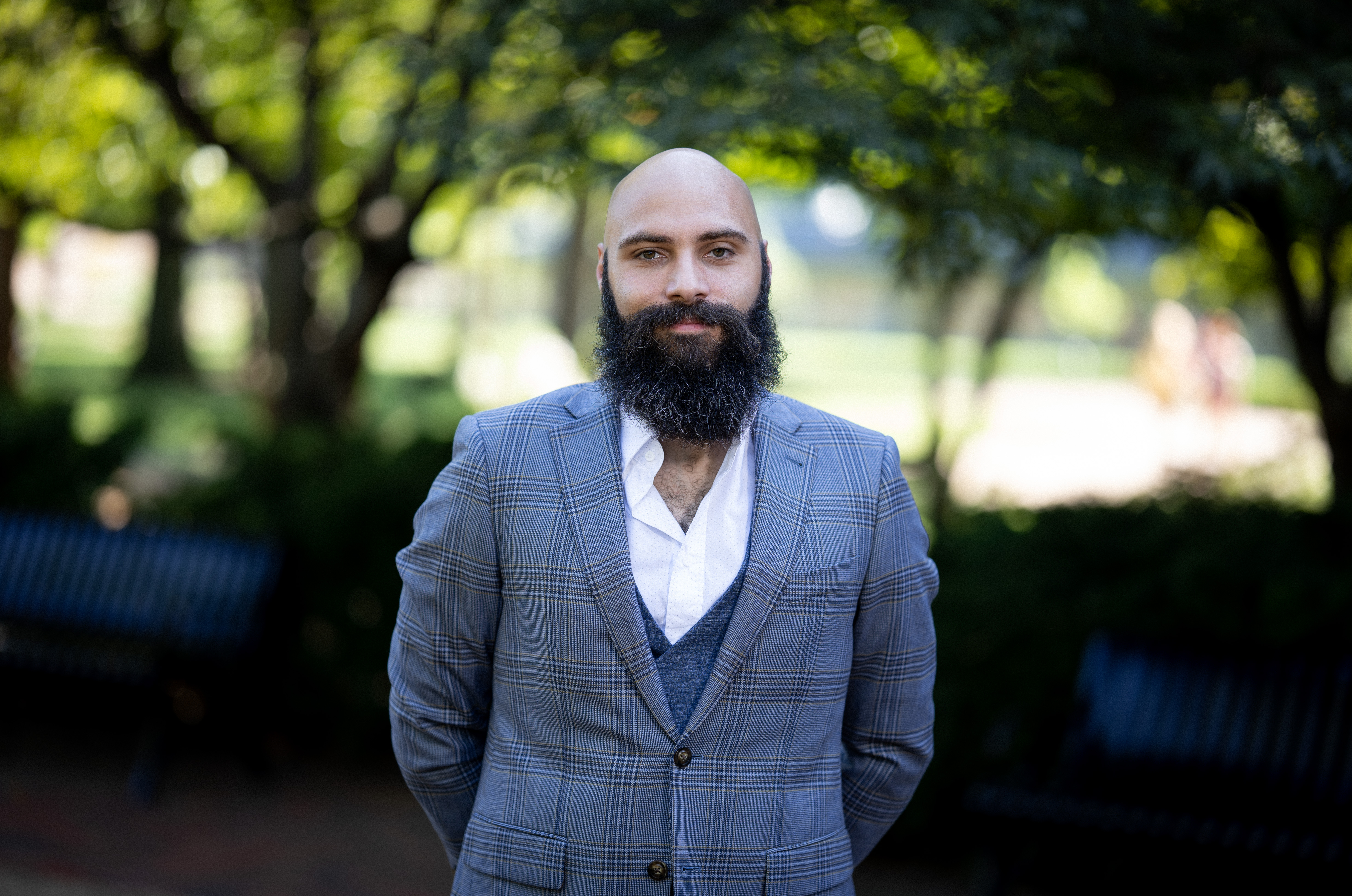
Matthew Hayes, PhD, joins the Department of Political Science as an associate professor. His current research investigates how citizens evaluate the importance of descriptive, symbolic, and substantive representation. Hayes has also published on redistricting and legislative responsiveness, the role of ethnic identity and skin tone in determining perceptions of ethnic discrimination in Latin America, and how personality shapes political trust. Before joining the faculty at Washington University, he earned his doctorate at the University of Illinois and taught at Rice University and Indiana University.
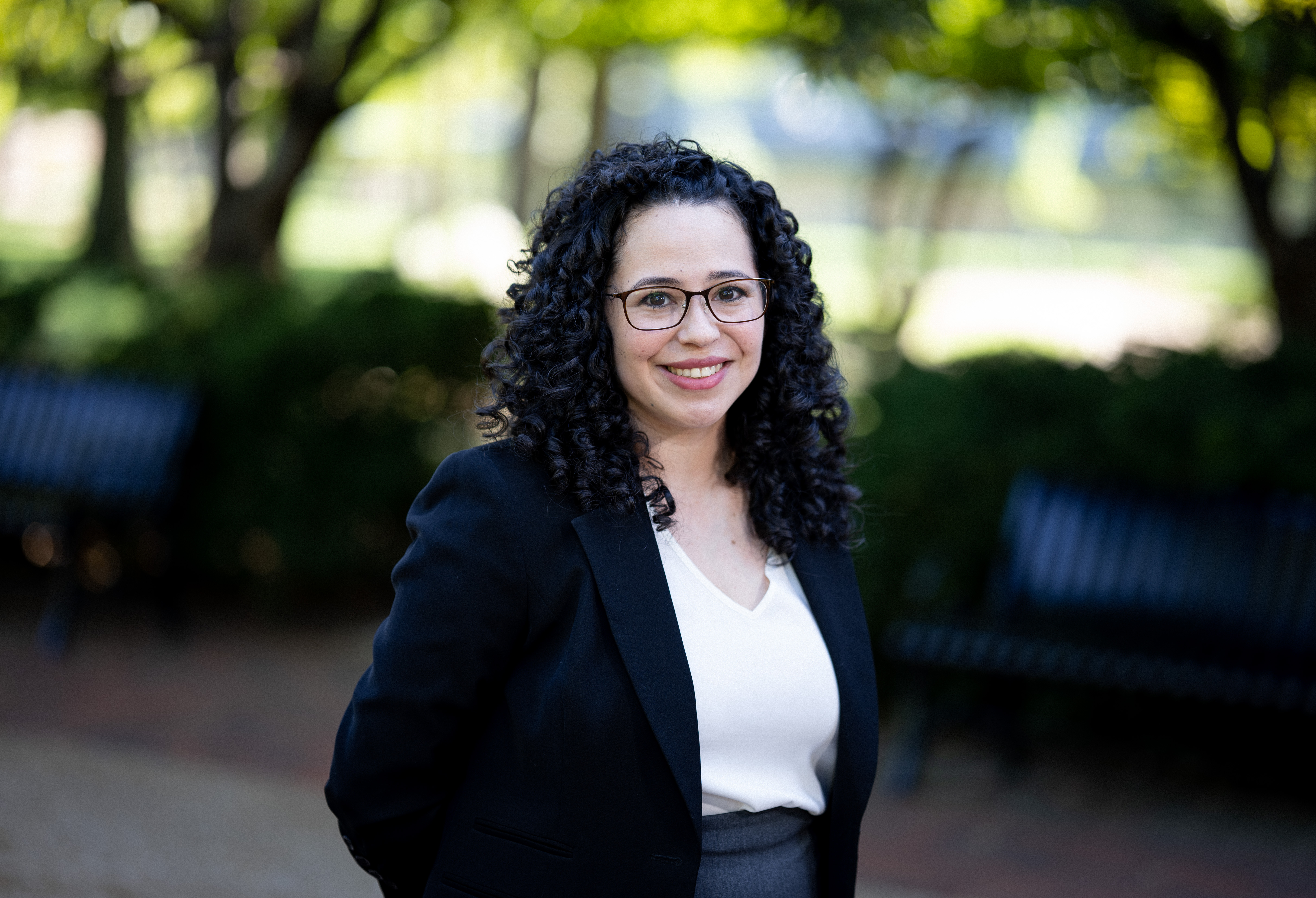
Lucia Motolinia, PhD, joins the Department of Political Science as an assistant professor. Motolinia earned her doctorate from New York University. Her research aims to understand how electoral institutions affect political behavior, with an emphasis on the mechanisms driving the behavior of individual politicians and parties. She combines observational data, natural experiments, and text-analysis to study the way electoral institutions affect important political outcomes such as political selection, party cohesion, and distributive politics. Motolinia’s research has appeared in or is forthcoming in The American Political Science Review, World Politics and Electoral Studies
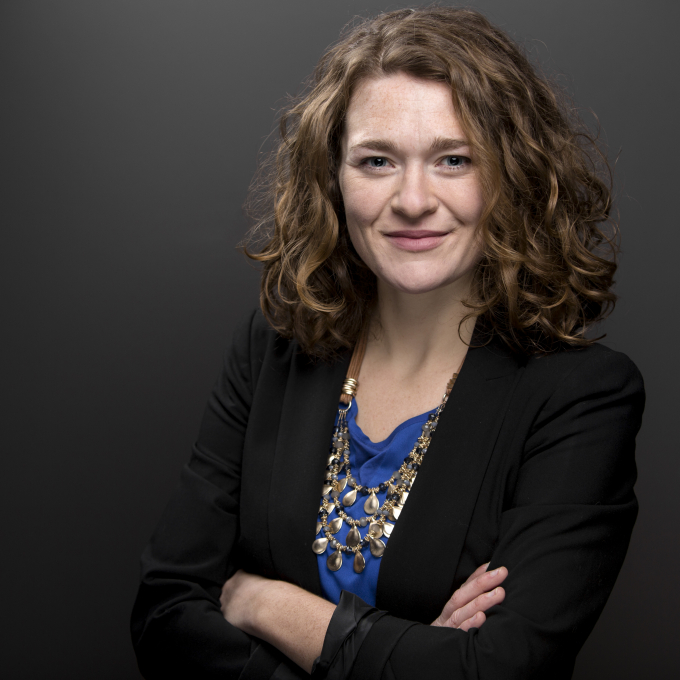
Diana O’Brien, PhD, joins the Department of Political Science as a professor. O’Brien’s research and teaching focuses on the causes and consequences of women's political representation in established democracies, including Western Europe and the United States, and across the globe. Specifically, she studies gender and political parties, legislative politics, and executive branch politics, as well as citizens' responses to women's presence in politics. She is also the founding editor of the Cambridge University Press Elements in Gender and Politics Series. She has served as an associate editor at Politics & Gender, president of the Midwest Women’s Caucus, and executive board member of the APSA Women, Gender, and Politics Research Section.
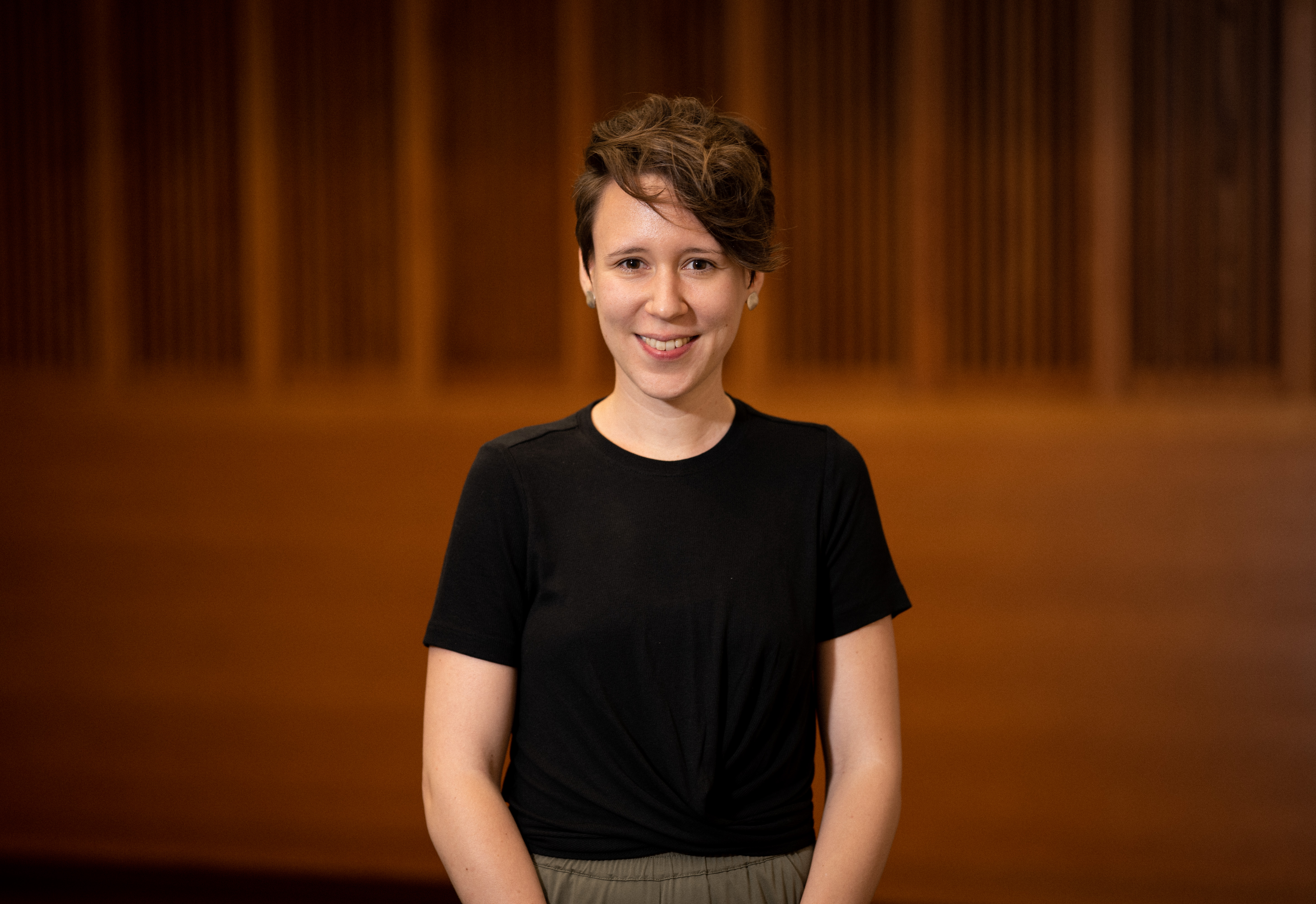
Anna M. Wilke, PhD, joins the Department of Political Science as an assistant professor. Her research uses experimental methods and formal theory to study the comparative politics of developing countries, mainly in Sub-Saharan Africa. Wilke has conducted field work in South Africa, Uganda, and Ethiopia. Her current research focuses on policing, crime, and gender. Prior to her appointment at Washington University, she earned her doctorate from Columbia University and was a postdoctoral fellow at Evidence in Governance and Politics (EGAP) at the University of California.
Psychological & Brain Sciences
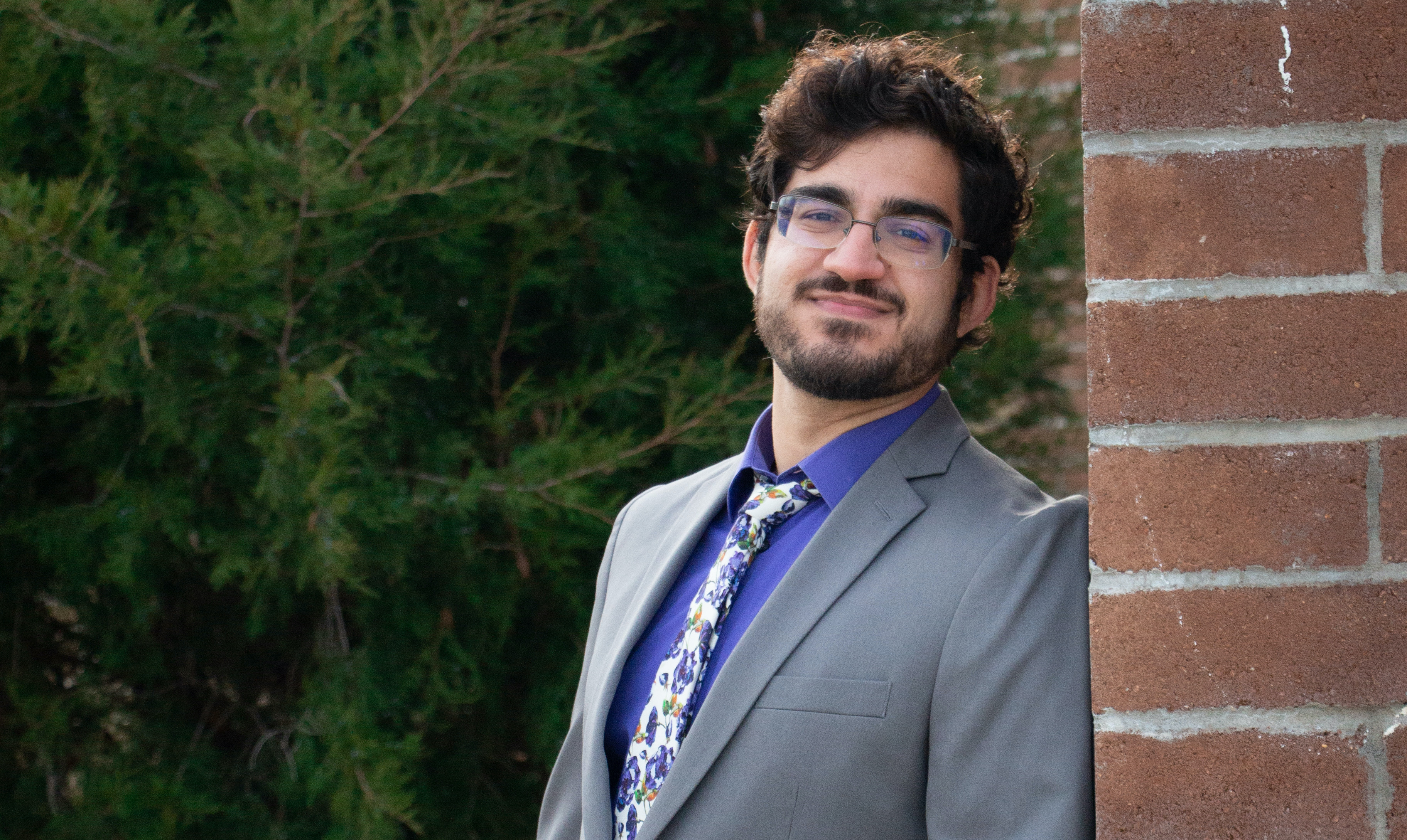
Alexander S. Hatoum, PhD, joins the Department of Psychological & Brain Sciences as a research assistant professor. Hatoum studies the causes of psychiatric disorders for predicting and classifying individuals. This includes analysis of large-scale medical data sets and integration across many different fields using biostatistics and machine learning. His current focus is on substance use disorders and substance co-diagnosis of other psychiatric conditions. Hatoum earned his doctorate from the University of Colorado, Boulder, and since 2019 has been a postdoctoral researcher at Washington University.
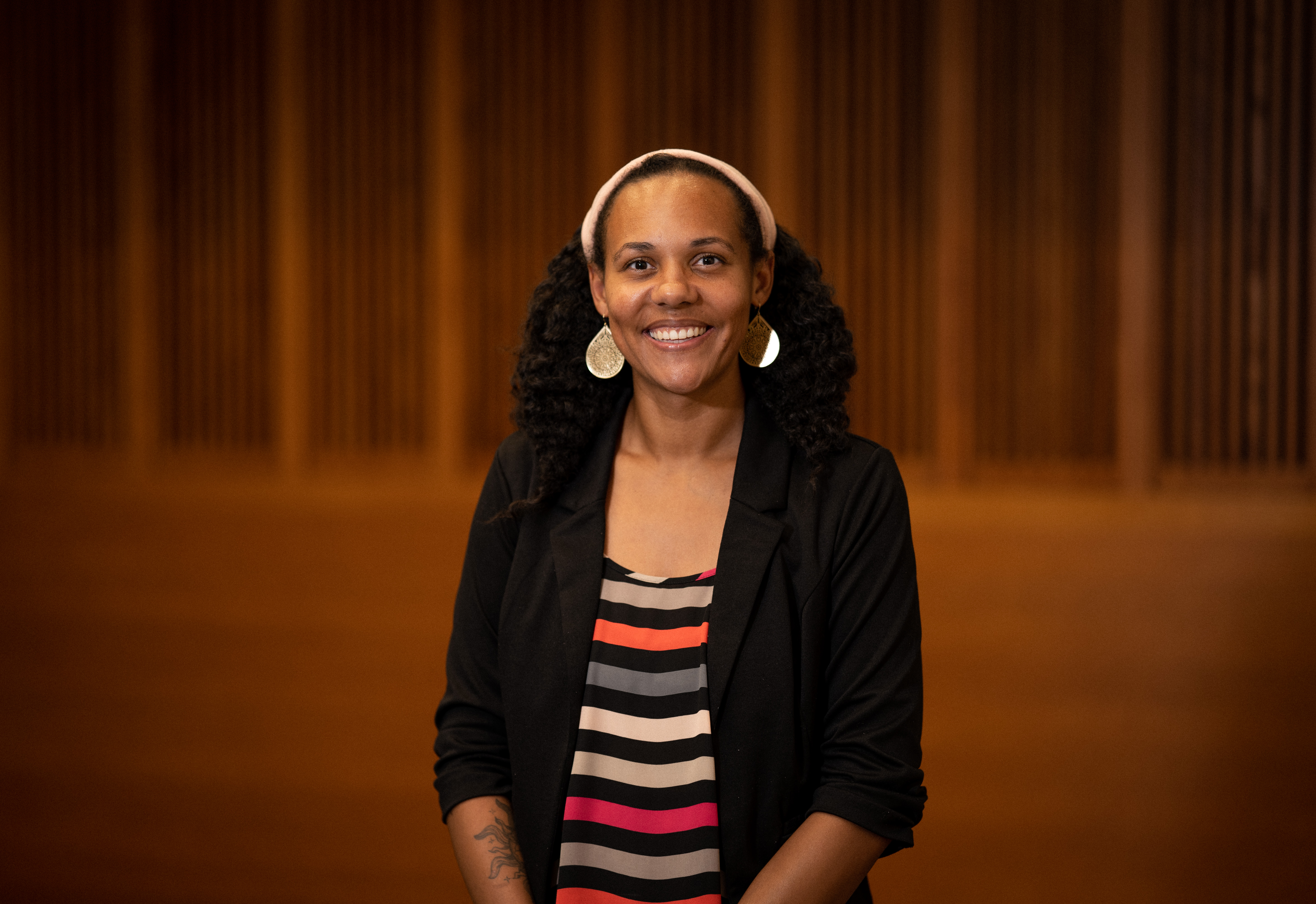
Seanna Leath, PhD, joins the Department of Psychological & Brain Sciences as an assistant professor. Her research uses interdisciplinary approaches in education and psychology to understand and address issues related to the holistic development of Black women and girls in the context of families, schools, and communities. Specifically, her work focuses on how individual and contextual factors promote Black women and girls’ academic achievement and psychological wellbeing. She earned her doctorate from the University of Michigan and taught at the University of Virginia before coming to WashU.
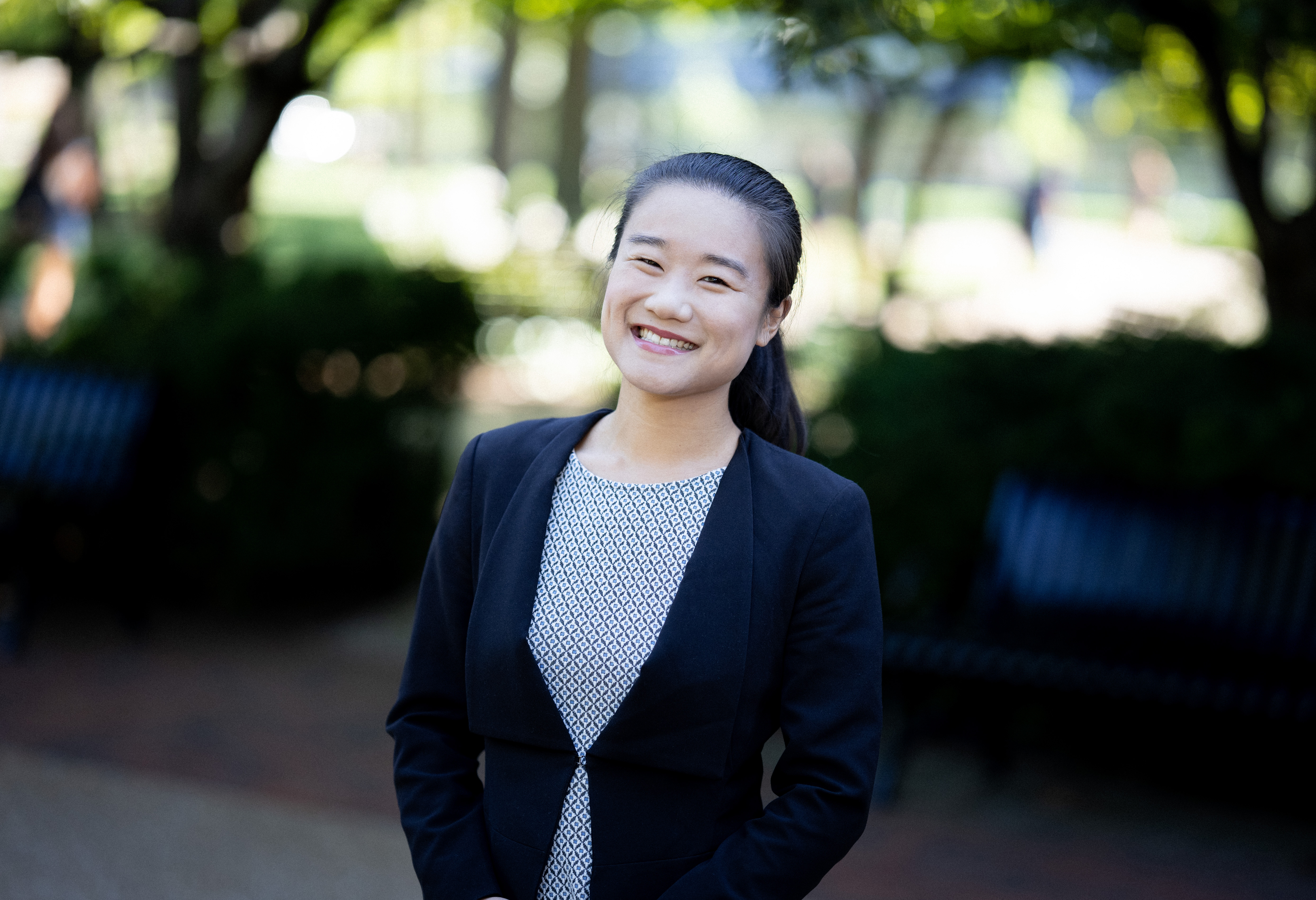
Jessie Sun, PhD, joins the Department of Psychological & Brain Sciences as an assistant professor. Sun earned her doctorate from the University of California, Davis. Her research aims to understand how people can balance the pursuit of personal well-being with broader moral concerns. Sun’s main lines of research include examining which kinds of social interactions matter for well-being, studying the causes and consequences of moral improvement, and investigating the psychological connections and tradeoffs between well-being and morality. She uses a range of naturalistic methods to study people in the real-world contexts, including experience sampling, audio recordings of people’s everyday conversations, informant reports, and daily life interventions.
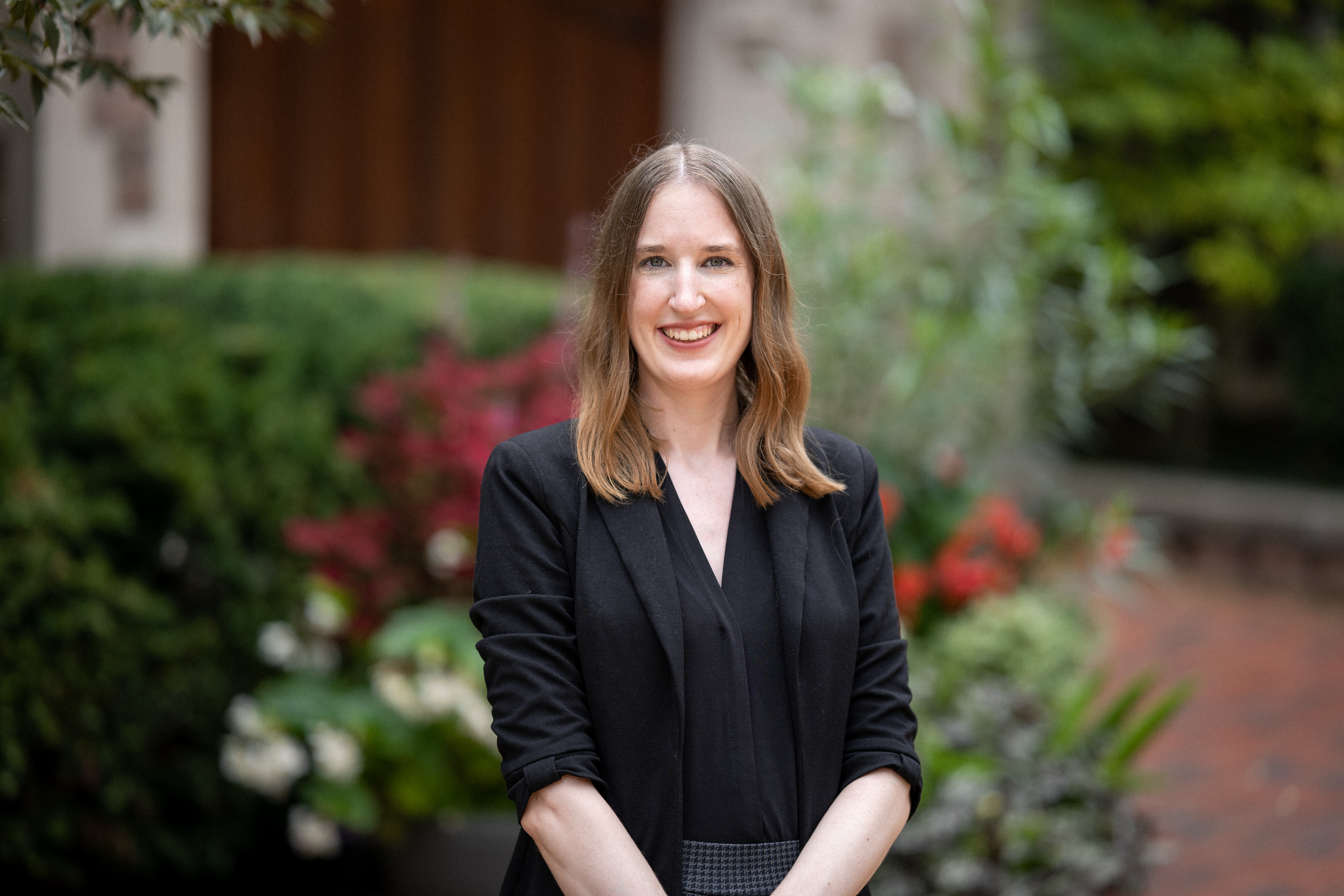
Emily Willroth, PhD, joins the Department of Psychological & Brain Sciences as an assistant professor. Willroth’s current research examines how different components of well-being, such as emotion, life satisfaction, and sense of purpose vary and change across time, both in the short-term from moment-to-moment and in the long-term across the adult lifespan. She applies insights from this research to examine links between well-being and important health outcomes in middle and older adulthood, such as chronic illness, mortality, and dementia risk. She earned her doctorate from the University of California, Berkeley.
Sociology
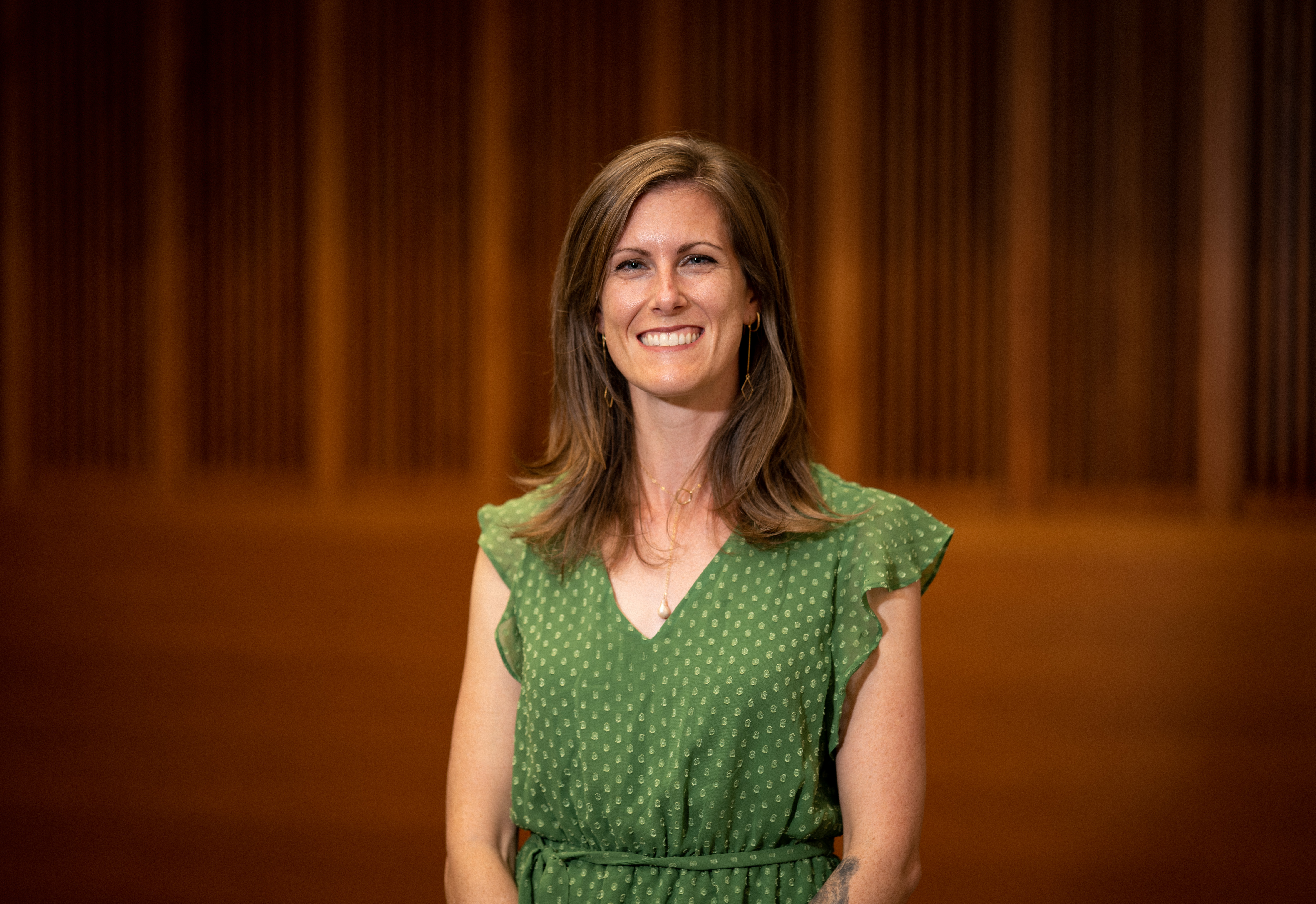
Elizabeth Korver-Glenn, PhD, joins the Department of Sociology as an assistant professor. Korver-Glenn’s research focuses on racial inequality within urban contexts. Specifically, she studies how contemporary cities and markets reproduce racial inequality as well as how public policy maintains or can mitigate such inequality. To date, her research has focused on urban housing and rental markets using qualitative research methods. She recently published a book, Race Brokers: Housing Markets and Segregation in 21st Century Urban America (2021, Oxford University Press). She previously held a faculty position at the University of New Mexico and was a Robert K. Merton Visiting Research Fellow at the Institute for Analytical Sociology, Linköping University.
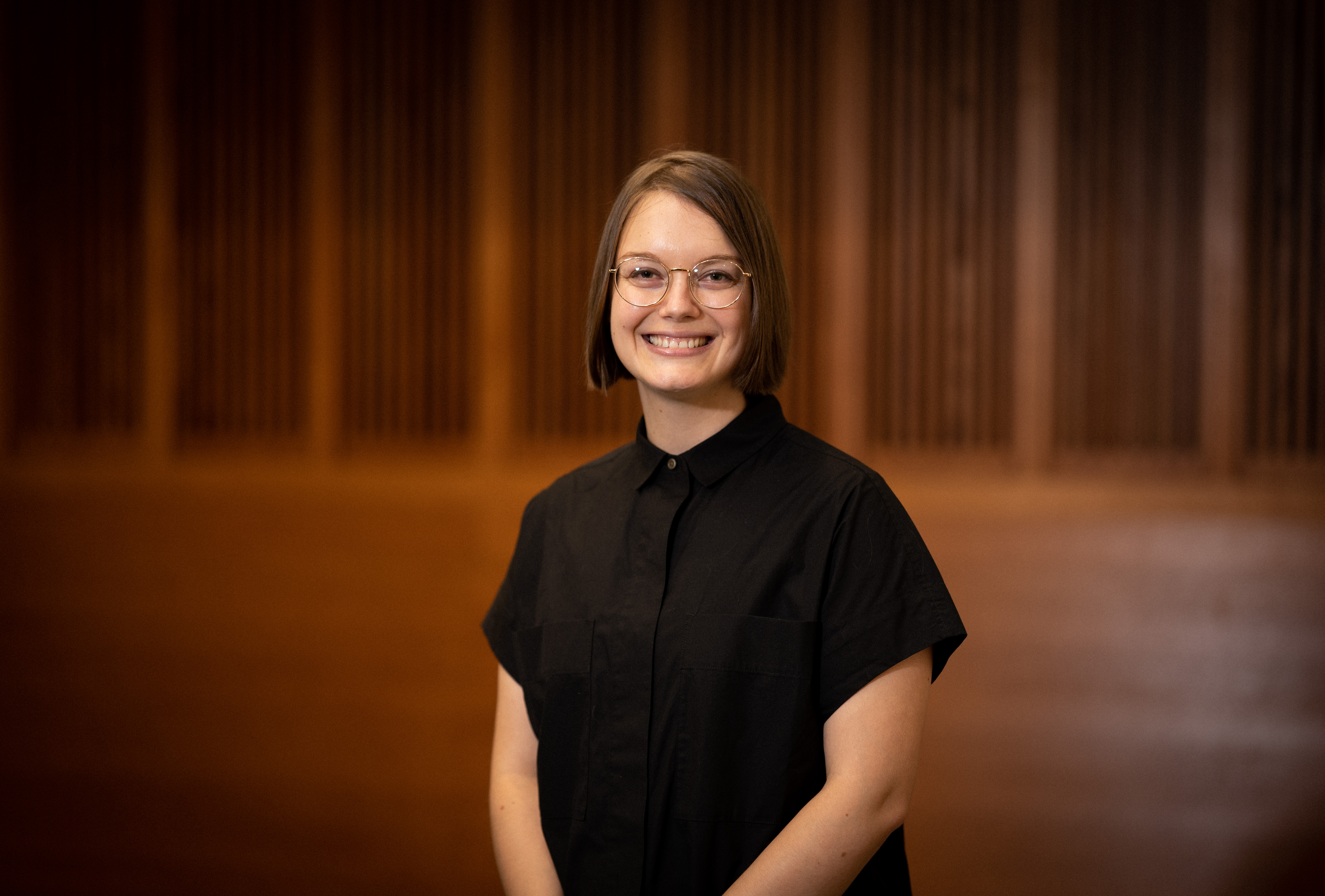
Kiara Wyndham-Douds, PhD, joins the Department of Sociology as an assistant professor. Using methods ranging from causal inference to ethnography, their research examines mechanisms that create and sustain racial inequality in contemporary American society. Their current research focuses on the intertwined nature of race and space to investigate the spatial production of racial inequality in suburbs. This work includes projects on Black suburbs, municipal incorporation, and a book examining racial inequality in highly diverse suburbs. Wyndham-Douds' research has been supported by the National Science Foundation and has appeared in the American Journal of Sociology, Social Forces, Sociology of Race and Ethnicity, and more.
